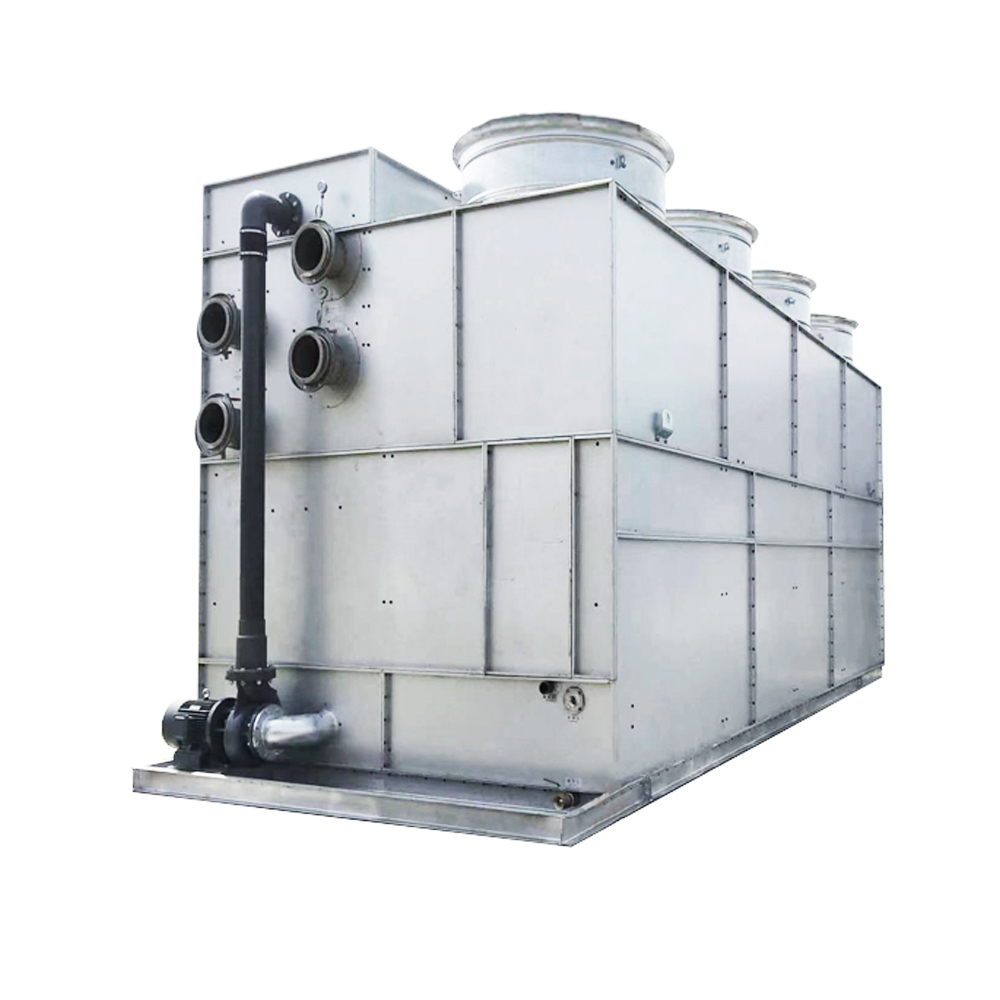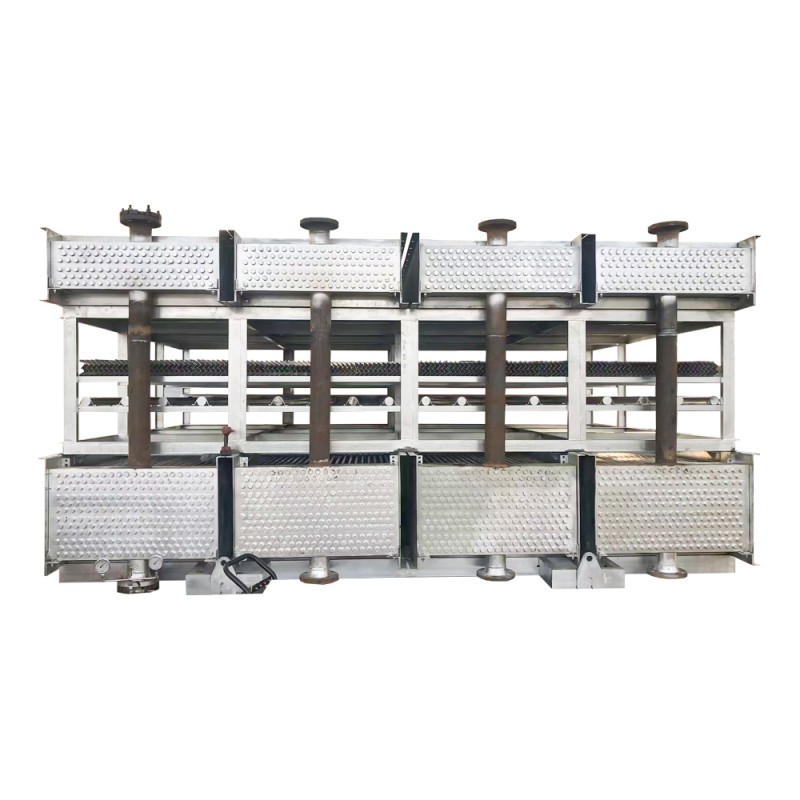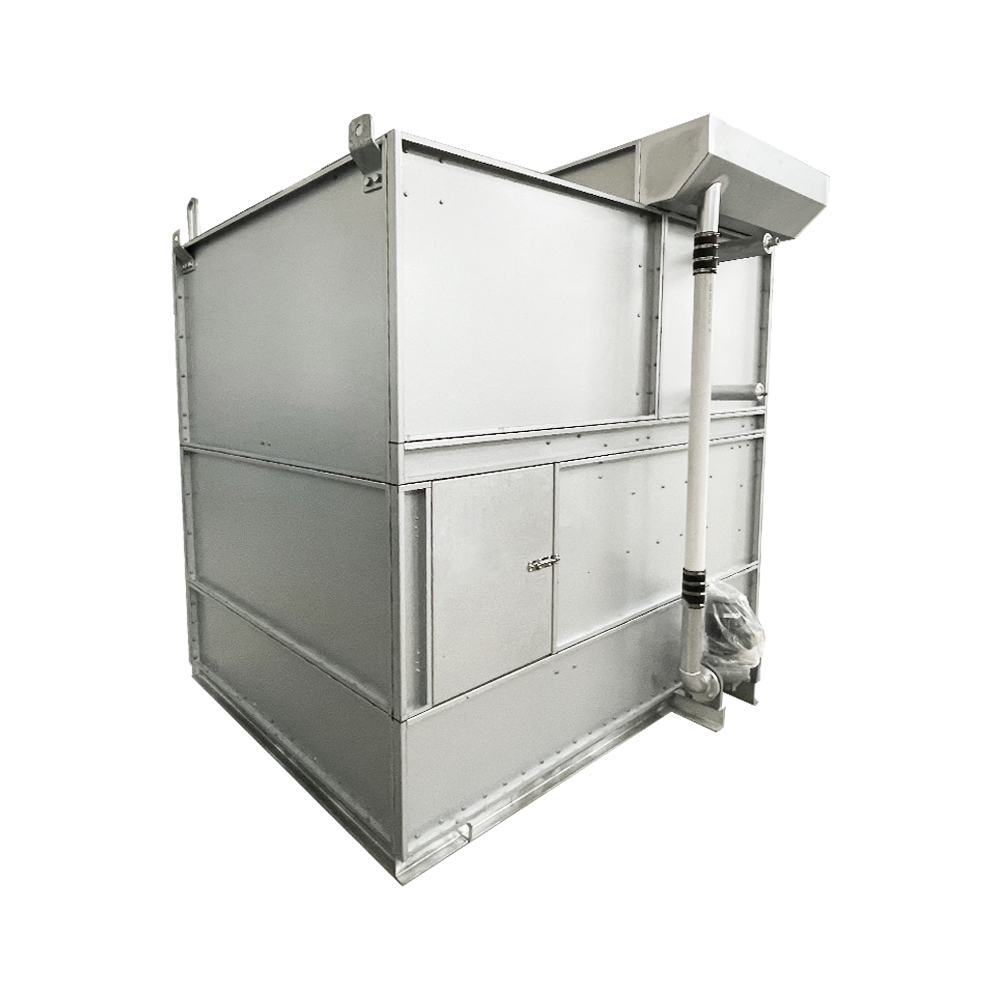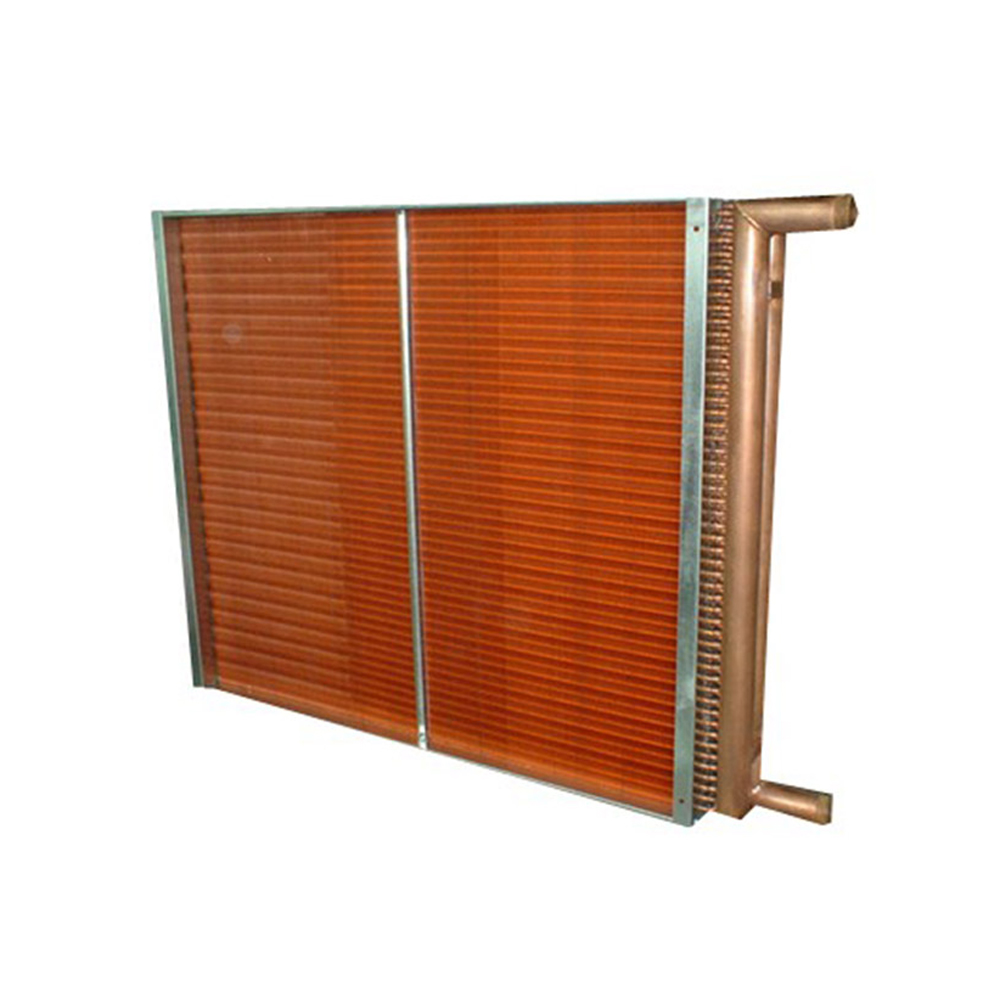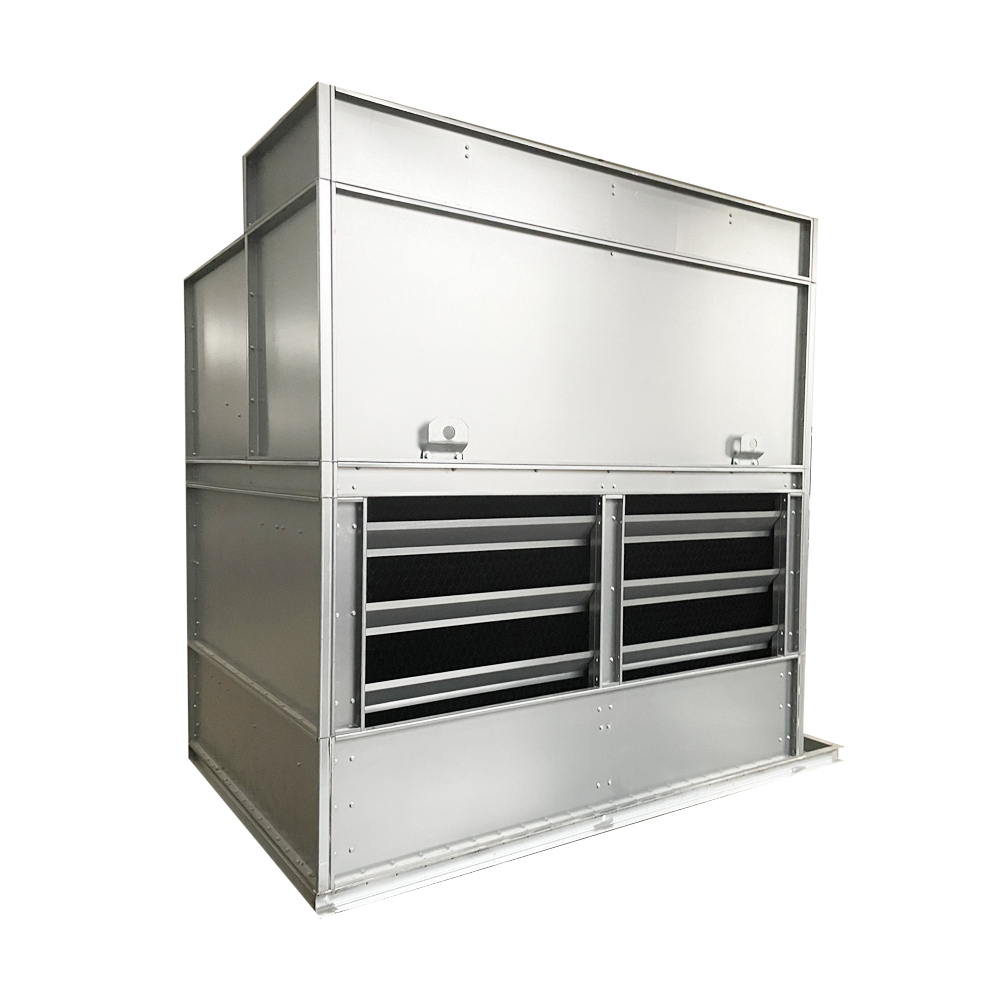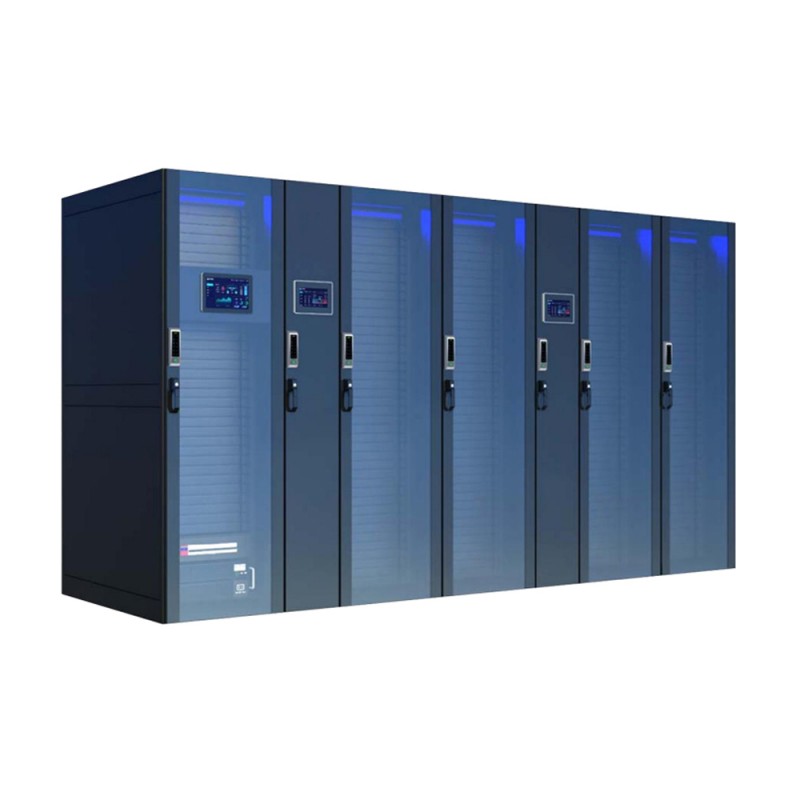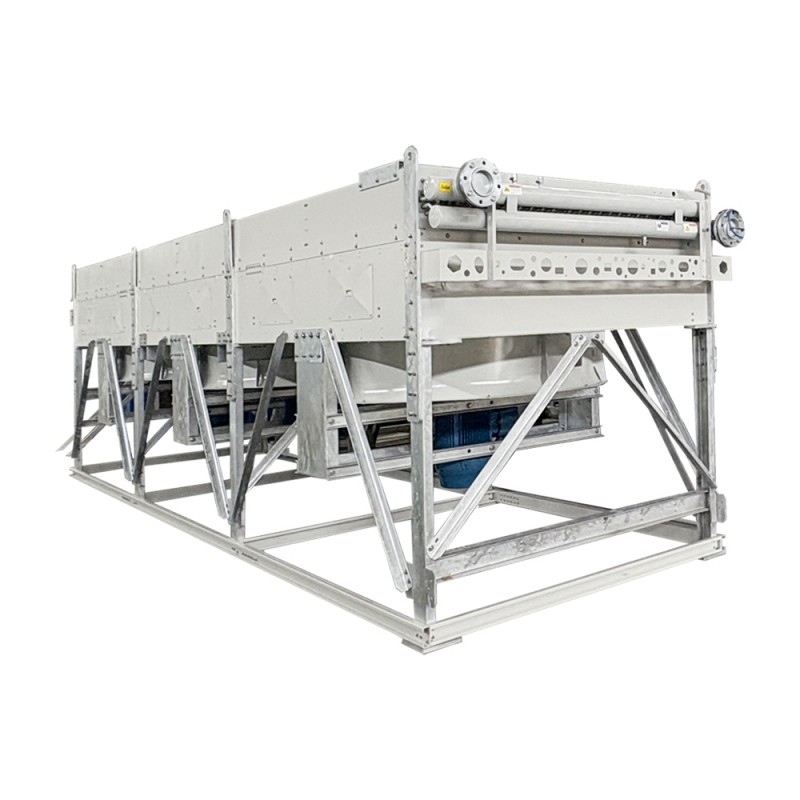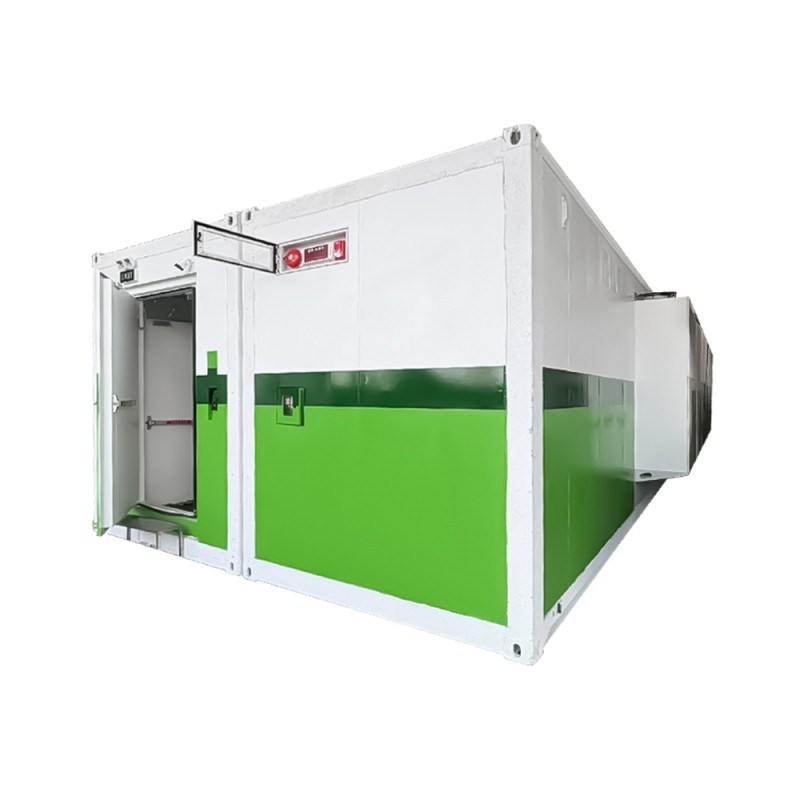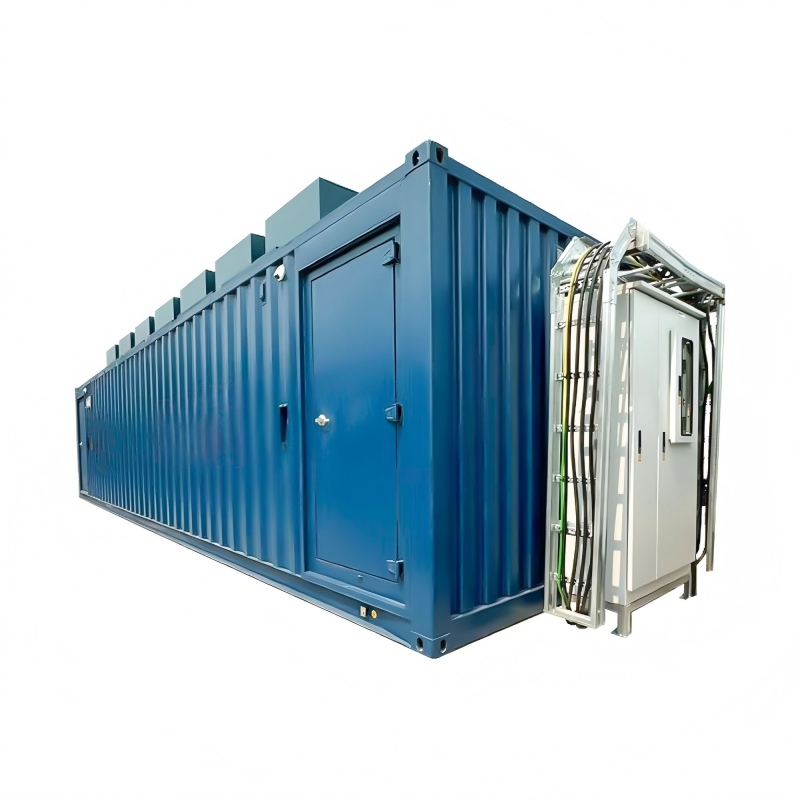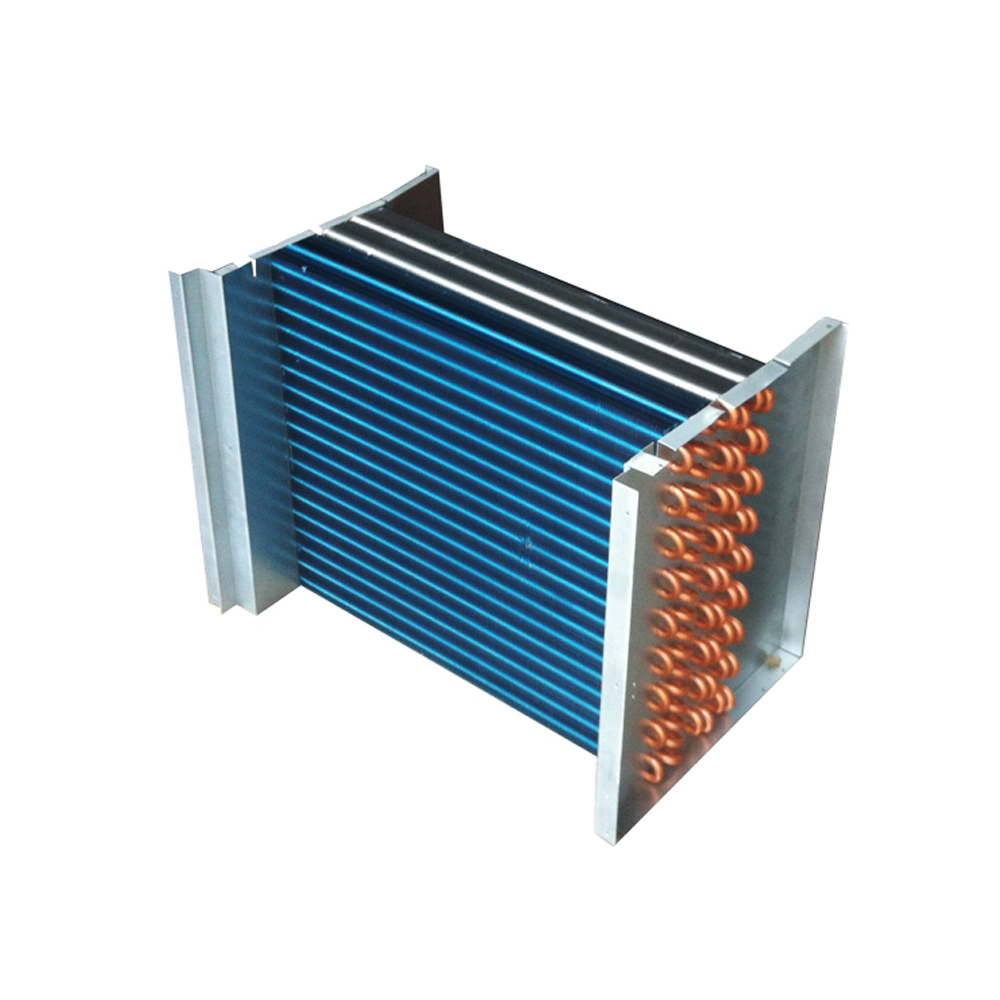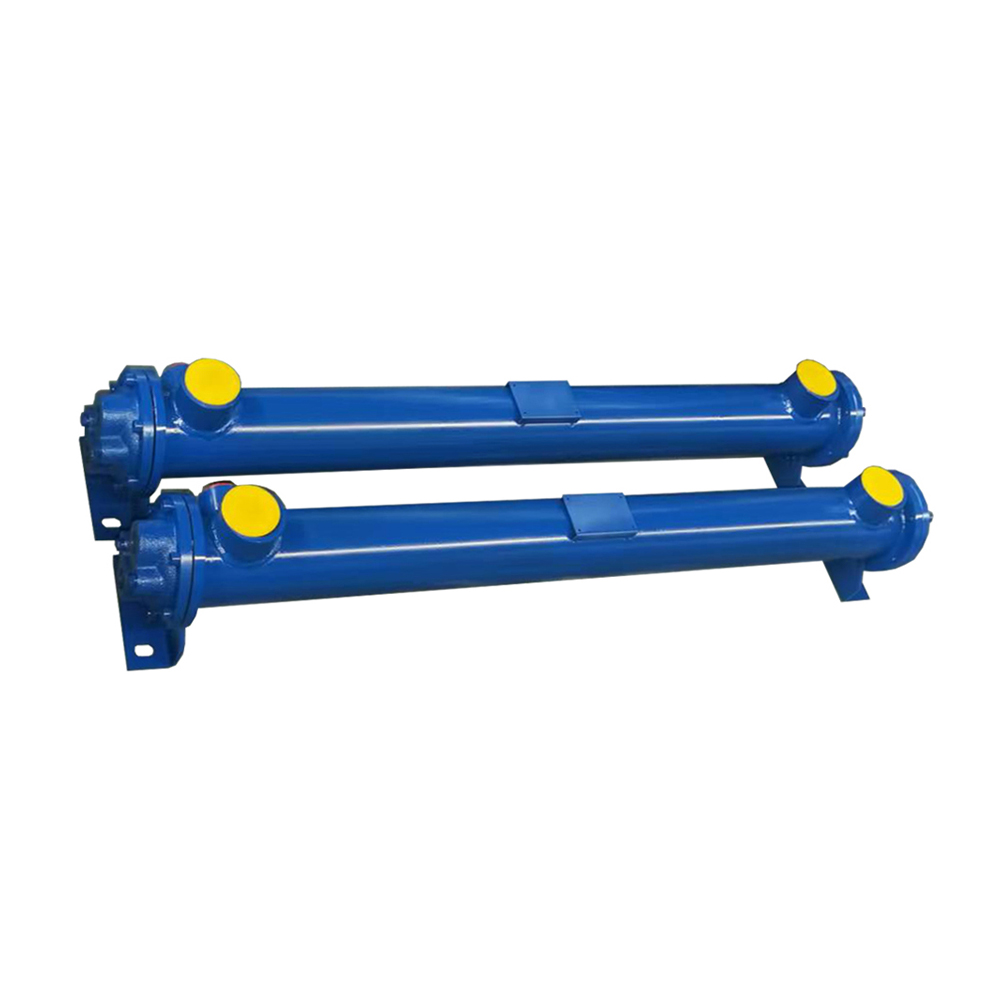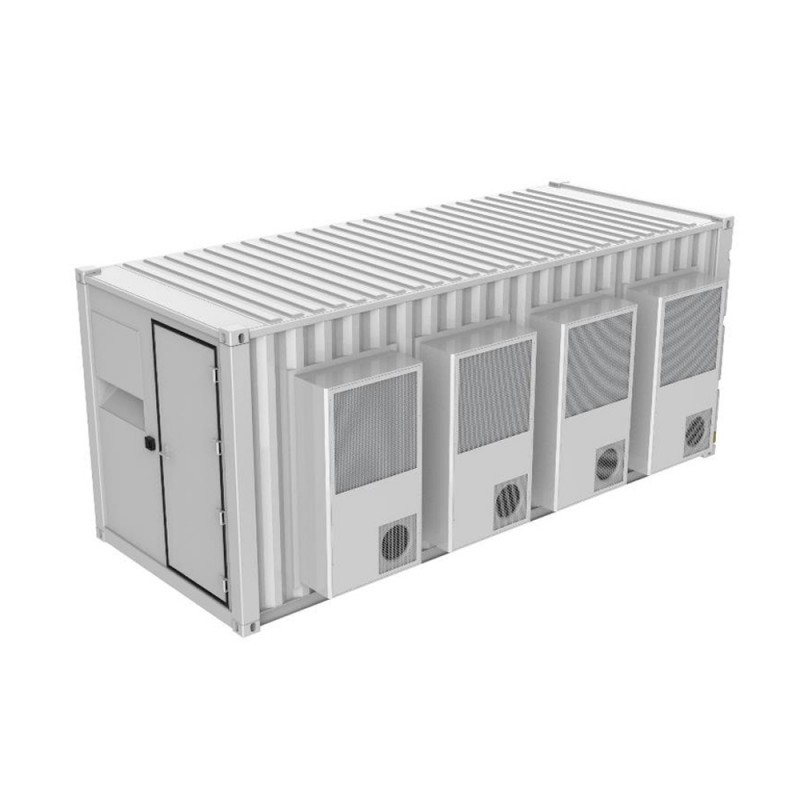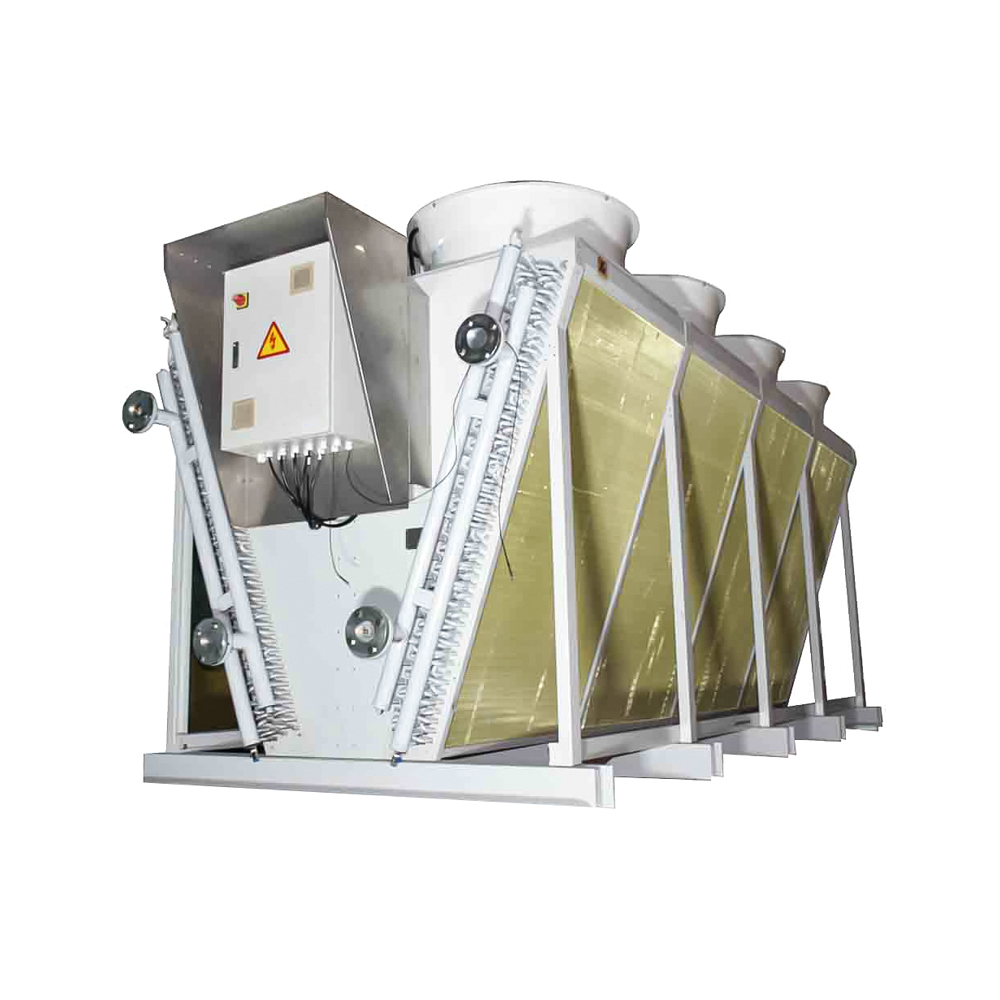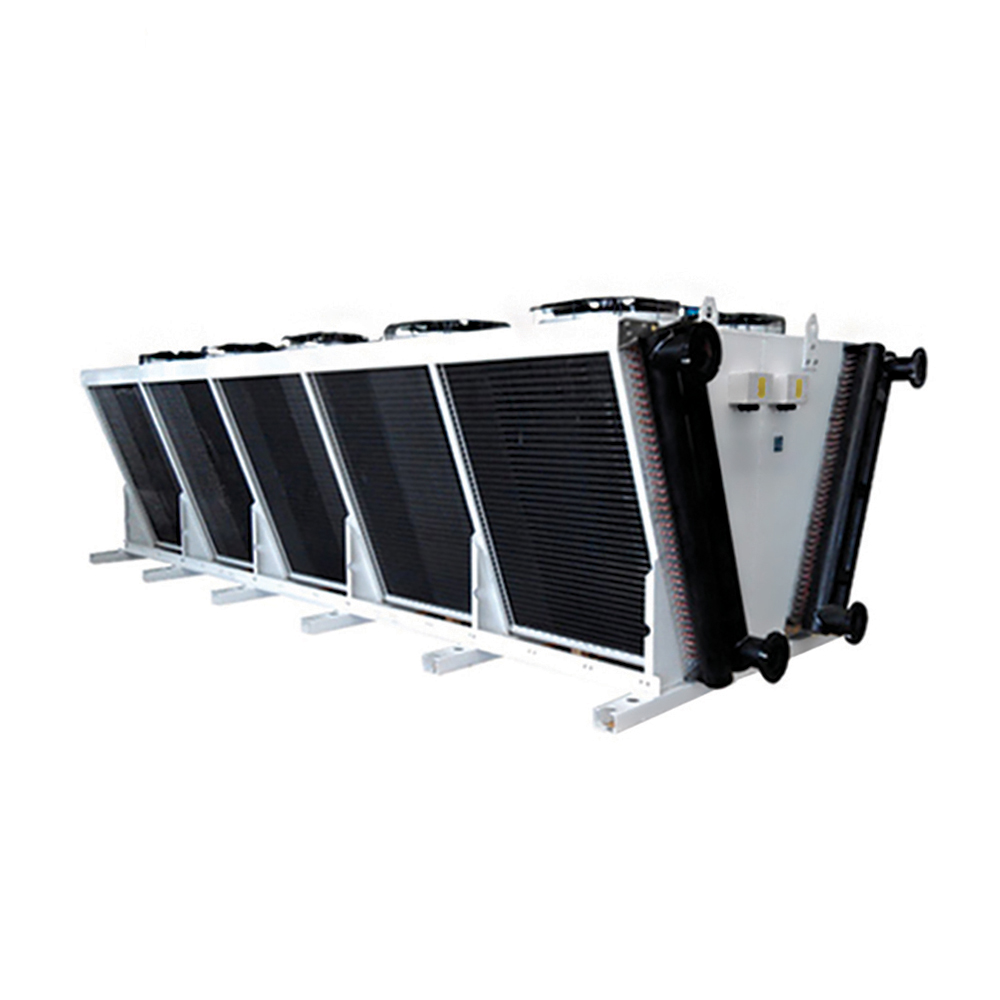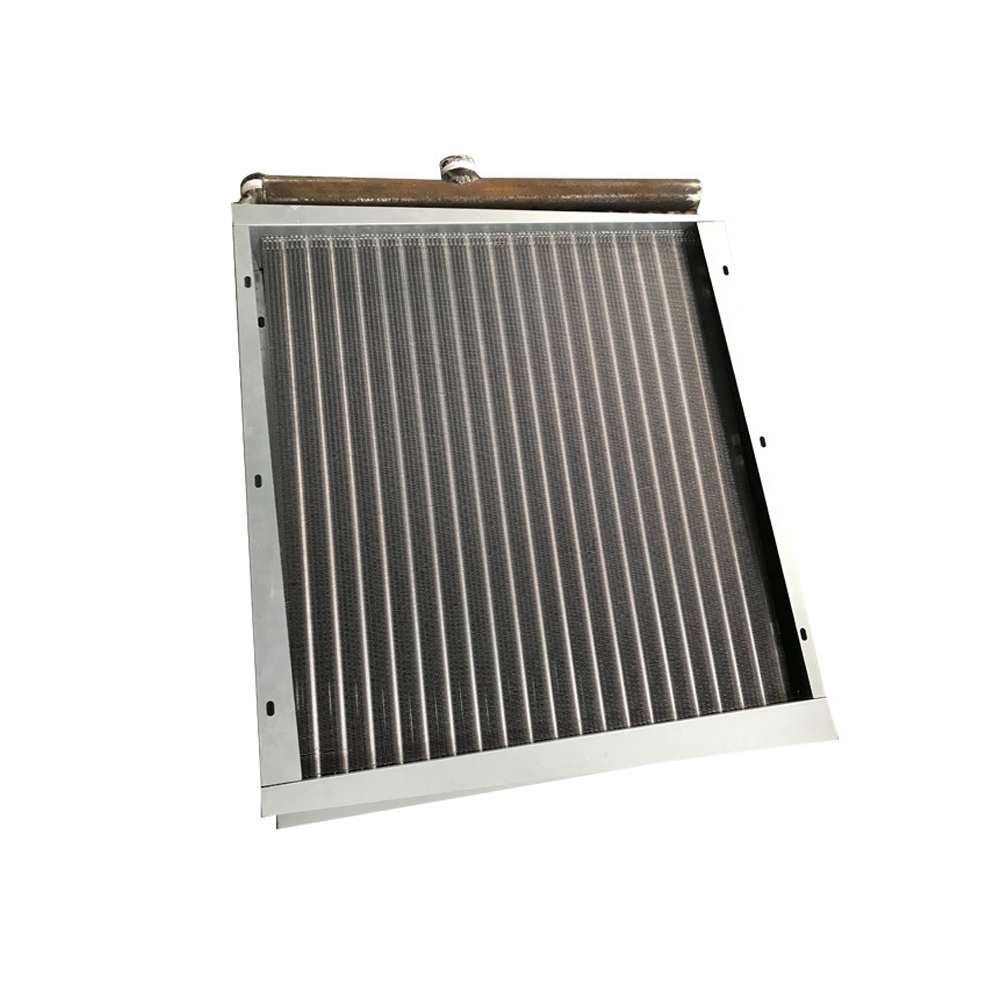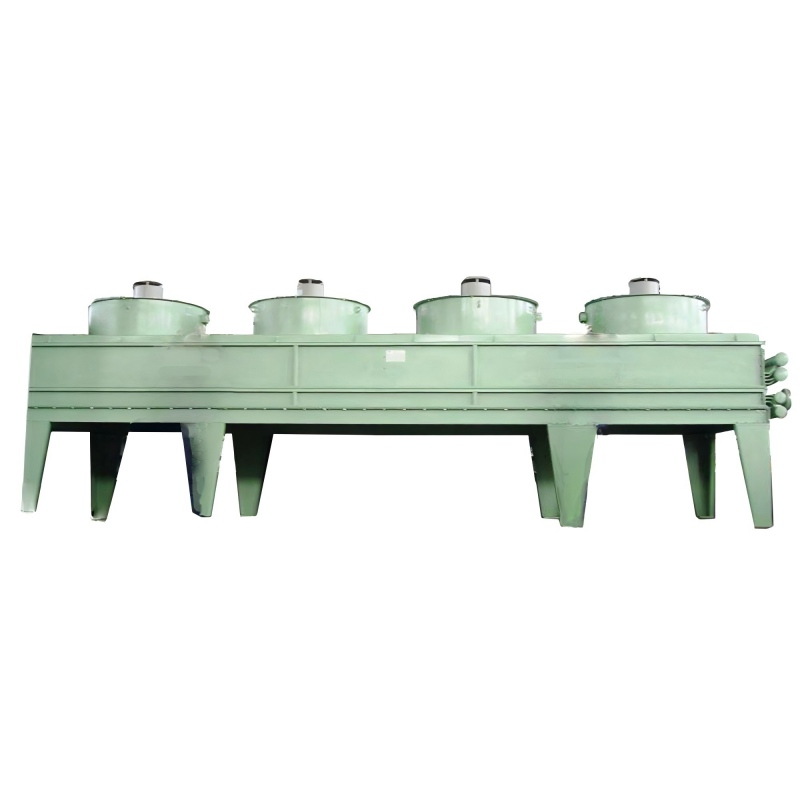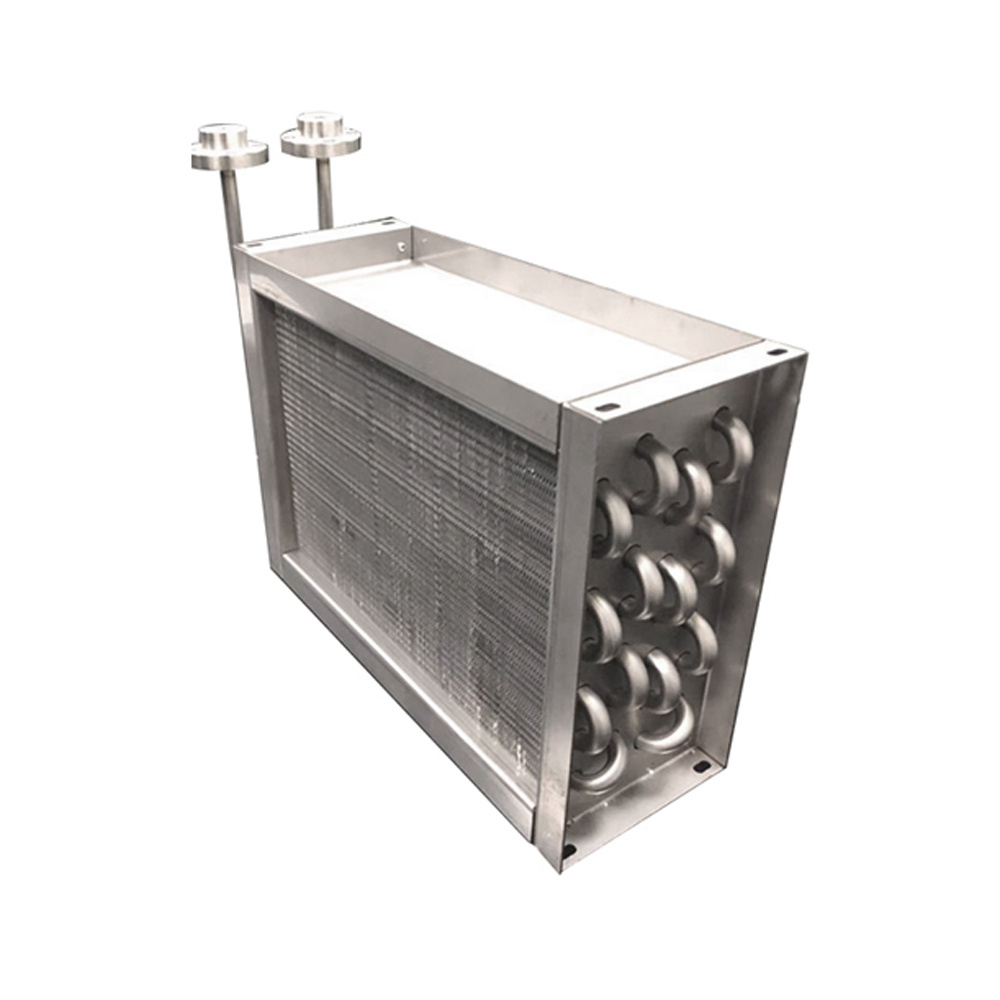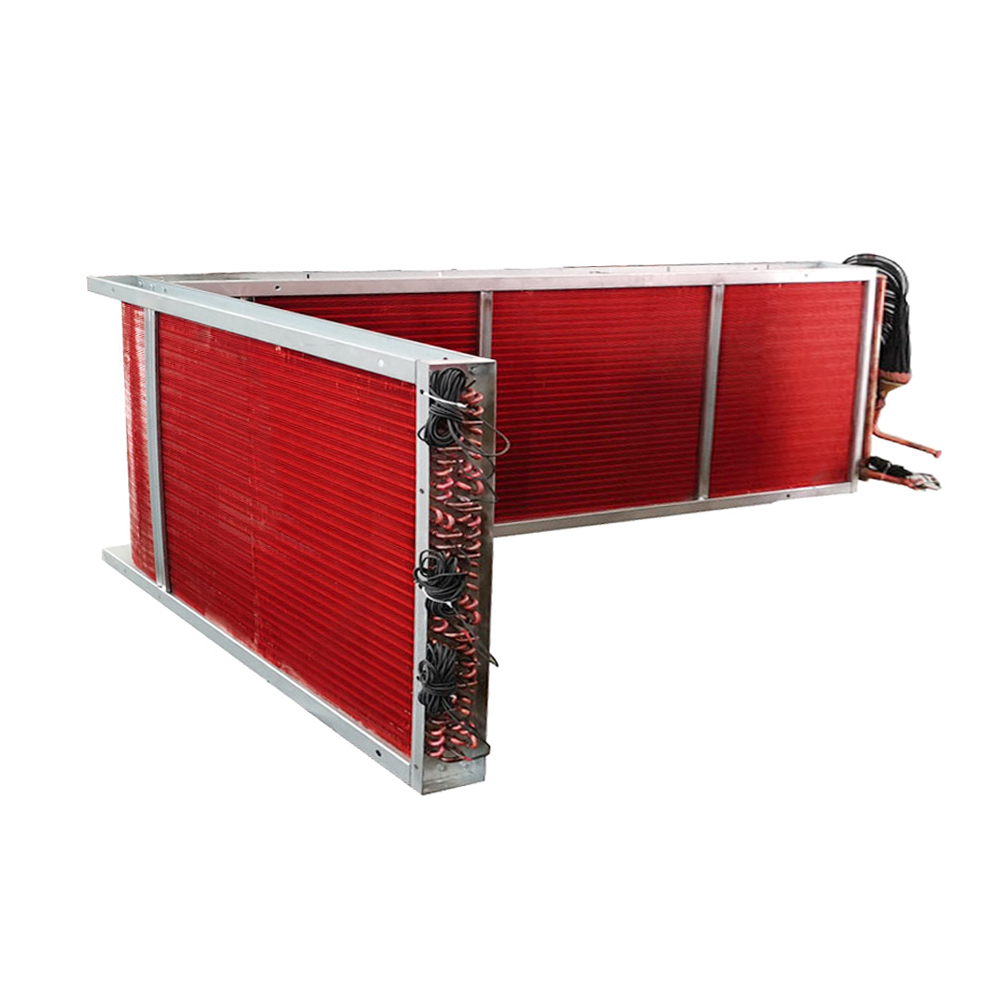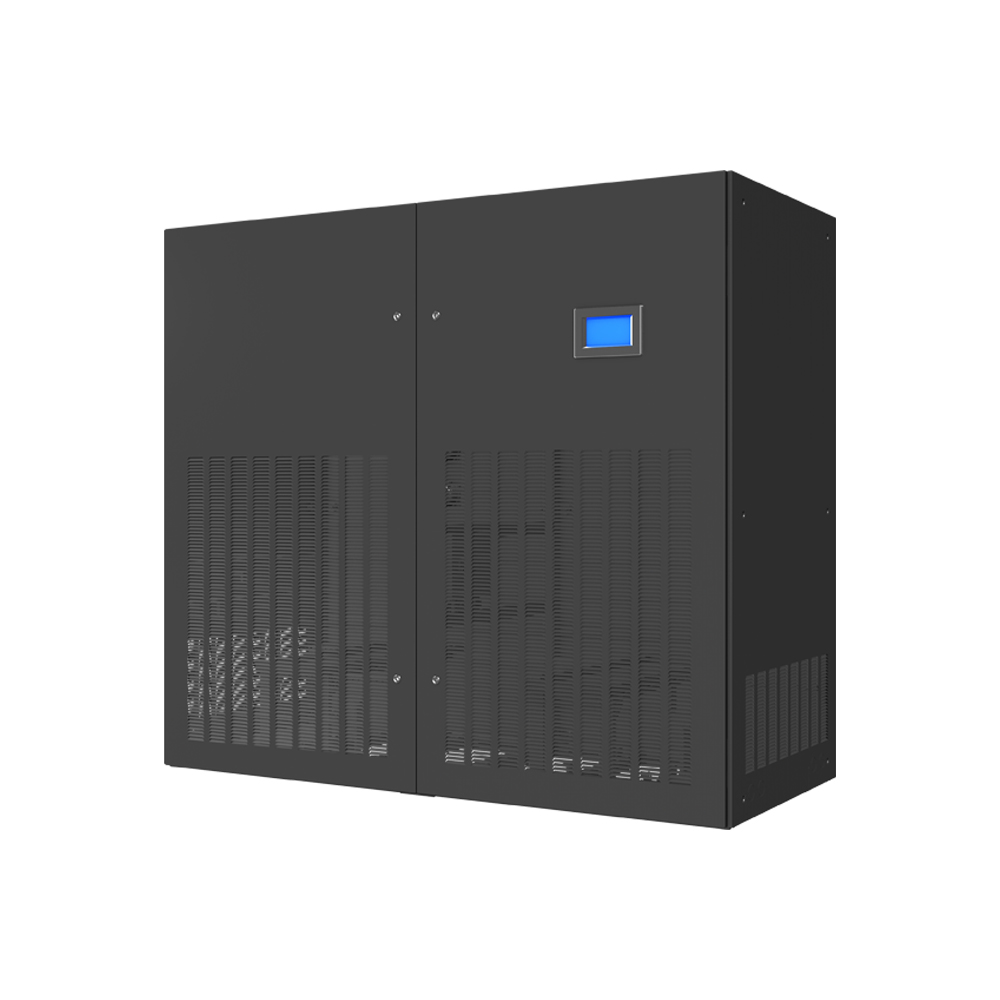Data Center Cooling Manufacturer: A Comprehensive GuideThis guide provides a deep dive into the world of data center cooling manufacturers, exploring the critical role they play in maintaining optimal operating temperatures for data centers of all sizes. We'll examine various cooling technologies, key considerations for selection, and factors to consider when choosing a reliable manufacturer.
Understanding Data Center Cooling Needs
Effective cooling is paramount for data center operation. Overheating leads to equipment failure, data loss, and significant financial losses. Therefore, choosing the right cooling solution and a reputable data center cooling manufacturer is crucial. The ideal cooling system depends heavily on factors like:
Factors Influencing Cooling System Selection
Data Center Size and Density: Small data centers may utilize simpler solutions, while large-scale facilities require sophisticated, high-capacity systems. Climate: Ambient temperatures significantly impact cooling requirements. Hot climates necessitate more robust cooling infrastructure. Power Usage Effectiveness (PUE): A lower PUE indicates greater energy efficiency. Choosing energy-efficient cooling solutions from a responsible data center cooling manufacturer directly impacts operational costs and environmental sustainability. IT Equipment Heat Output: The heat generated by servers, network equipment, and storage devices directly influences cooling needs. Budget and Lifecycle Costs: Cooling system costs extend beyond the initial investment to include ongoing maintenance and energy consumption.
Types of Data Center Cooling Systems
Several cooling technologies are employed in data centers, each with its advantages and disadvantages. The selection process depends heavily on the specific needs and limitations mentioned above.
1. Air Cooling
This is the most common method, using computer room air conditioners (CRACs) or computer room air handlers (CRAHs) to circulate cool air. Air cooling is generally less expensive to implement than other methods. However, it may struggle in high-density environments.
2. Liquid Cooling
Liquid cooling offers superior heat dissipation capabilities, particularly beneficial for high-density data centers. Several methods exist, including direct-to-chip, immersion cooling, and rack-level liquid cooling. These systems, while initially more expensive, often yield significant long-term cost savings due to higher energy efficiency.
3. Hybrid Cooling
Hybrid cooling systems combine air and liquid cooling techniques to leverage the benefits of each. This approach offers flexibility and optimizes cooling efficiency across different areas within a data center.
Choosing a Reputable Data Center Cooling Manufacturer
Selecting the right data center cooling manufacturer is a critical decision. Consider the following factors:
Key Considerations for Manufacturer Selection
Experience and Reputation: Choose a manufacturer with a proven track record and positive customer reviews. Product Quality and Reliability: Reliable equipment is essential to minimize downtime and maintain consistent operation. Look for certifications and industry standards compliance. Technical Support and Service: Robust technical support and readily available maintenance services are crucial to address any issues promptly. Customization and Scalability: The ability to customize solutions to meet specific needs and adapt to future expansion is a significant advantage. Energy Efficiency and Sustainability: Prioritize manufacturers committed to sustainable practices and energy-efficient cooling technologies.
Case Studies and Examples
While specific examples require extensive detail and may vary based on client confidentiality, it’s safe to say that many leading data centers rely on customized solutions from various manufacturers to achieve their unique cooling requirements. The most suitable system is always a result of a thorough assessment of the specific factors mentioned earlier.
Conclusion
Selecting the optimal data center cooling manufacturer and cooling solution is paramount for data center efficiency, reliability, and cost-effectiveness. Careful consideration of the factors discussed above, along with thorough research into potential manufacturers, will help ensure optimal performance and minimize potential problems. Remember to always prioritize quality, reliability, and long-term cost savings. For more information about advanced cooling solutions and innovative technology, explore the possibilities with [Shanghai SHENGLIN M&E Technology Co.,Ltd](https://www.ShenglinCoolers.com/ Shanghai SHENGLIN M&E Technology Co.,Ltd).
| Cooling Technology | Advantages | Disadvantages |
| Air Cooling | Cost-effective, relatively simple to implement | Less efficient in high-density environments, may require more space |
| Liquid Cooling | Highly efficient, ideal for high-density environments | Higher initial cost, more complex implementation |
| Hybrid Cooling | Combines benefits of air and liquid cooling, flexible | More complex design and management |









